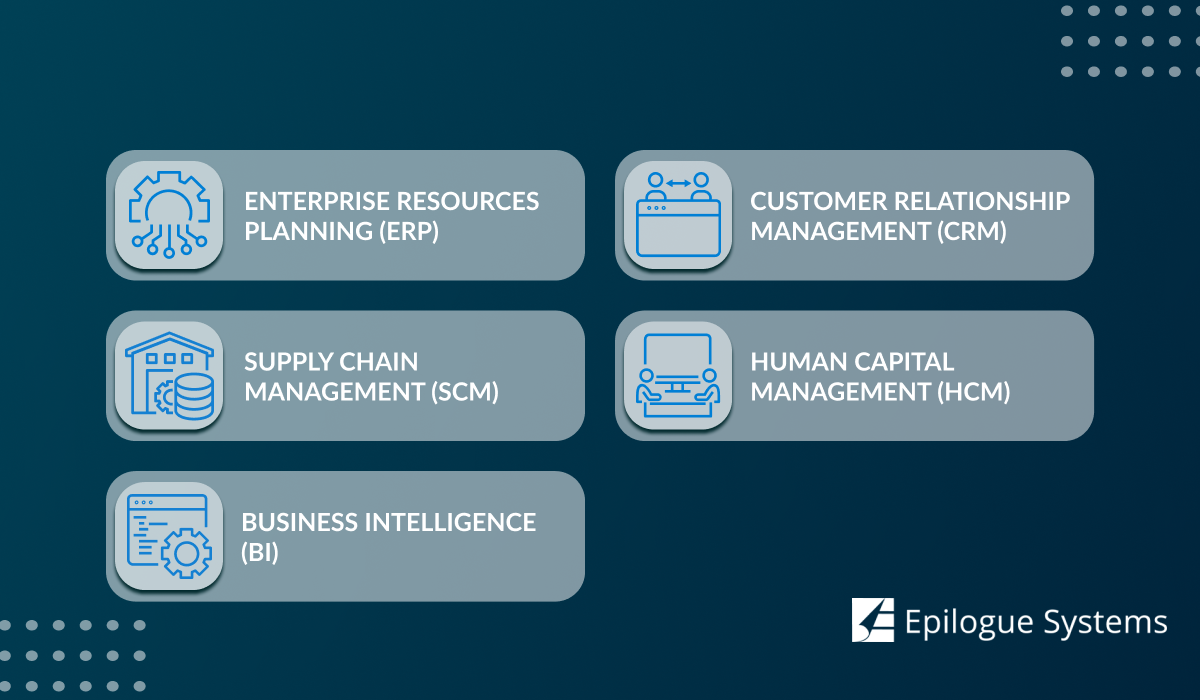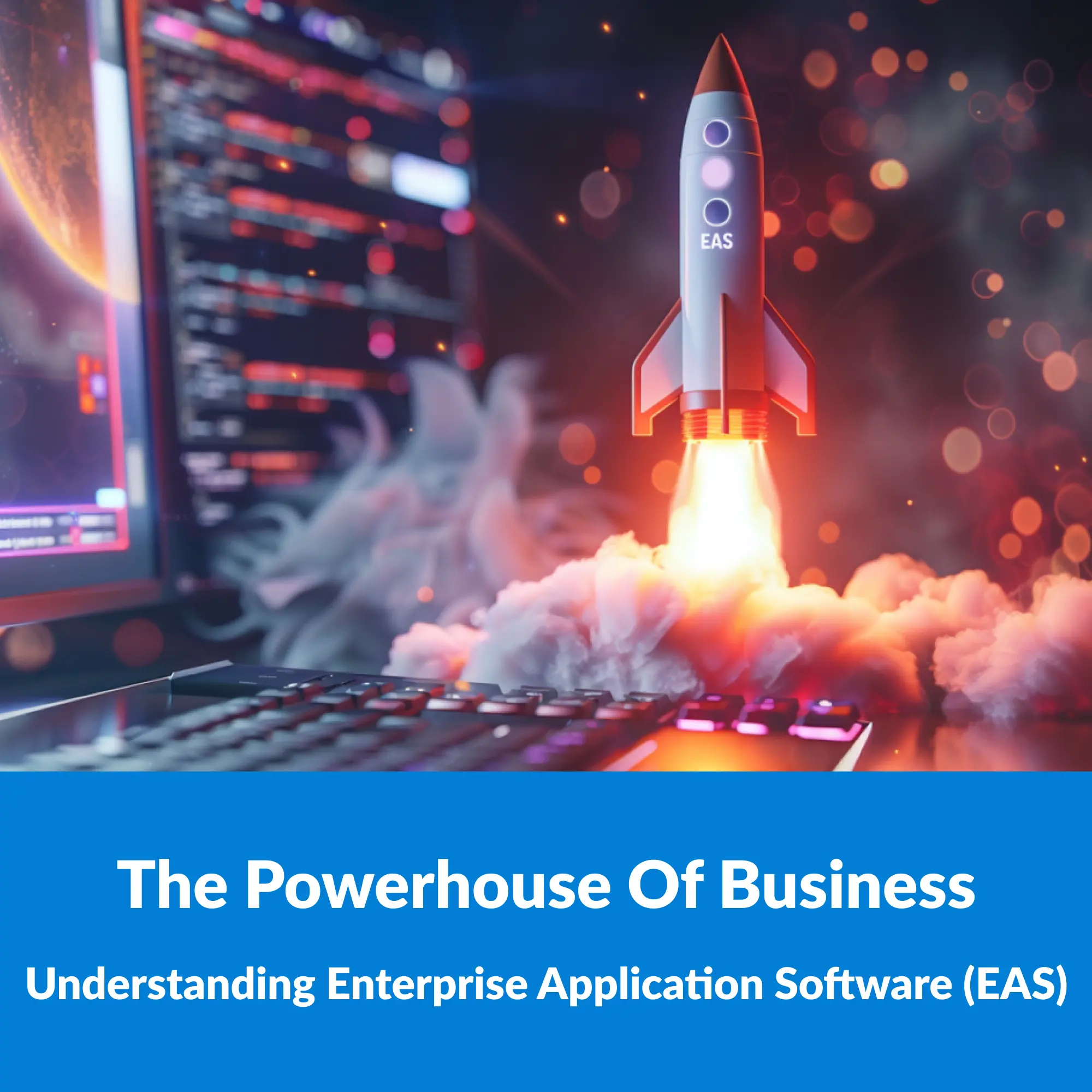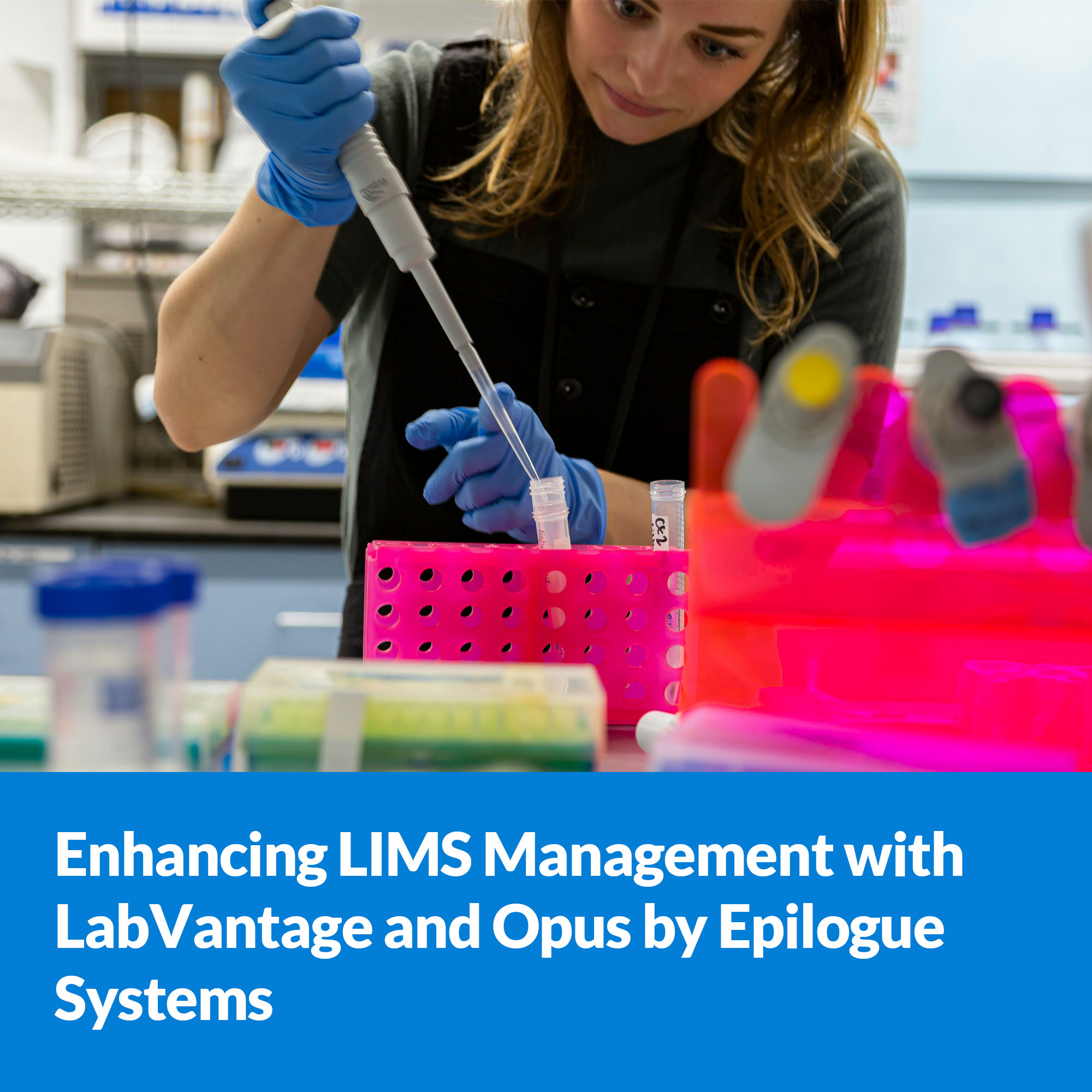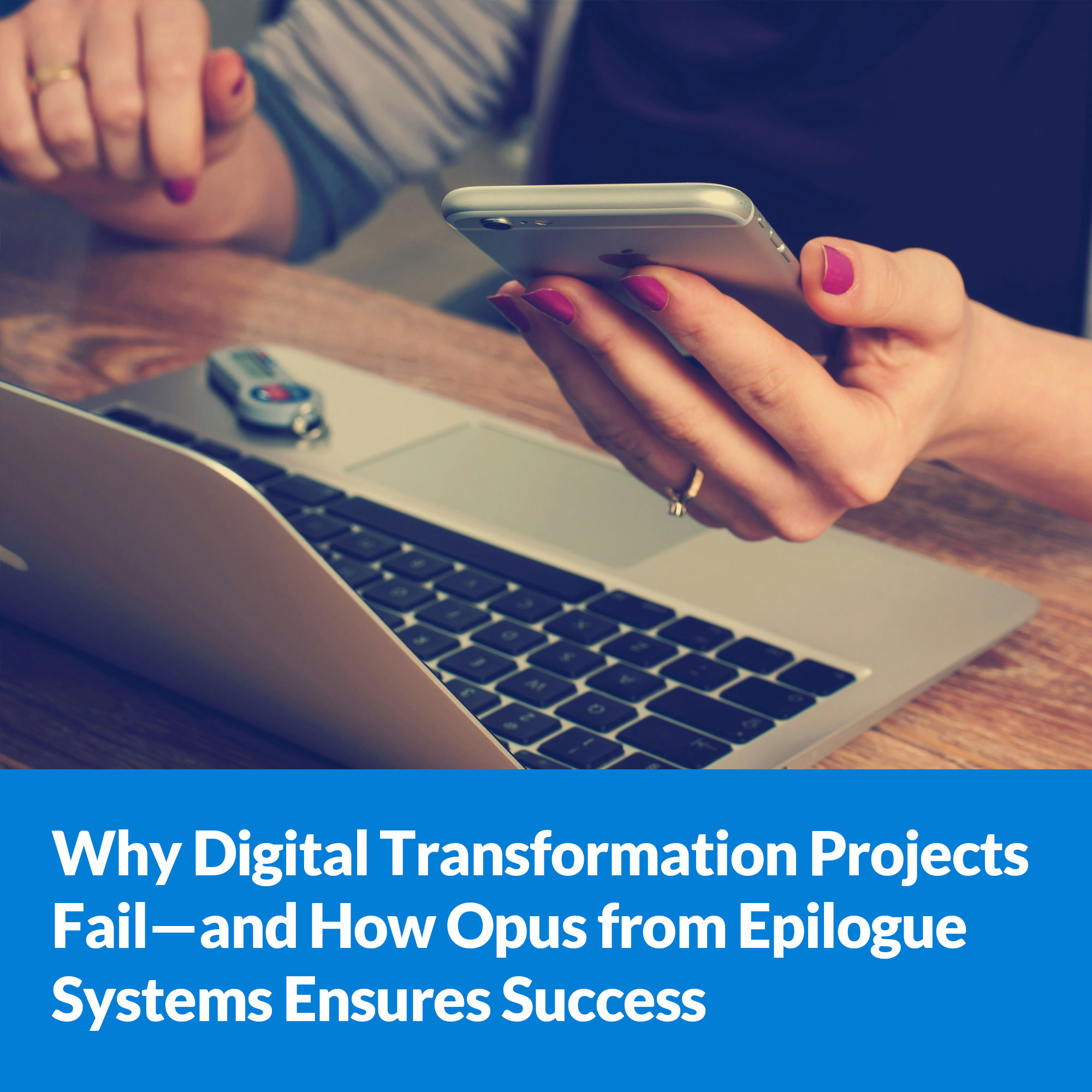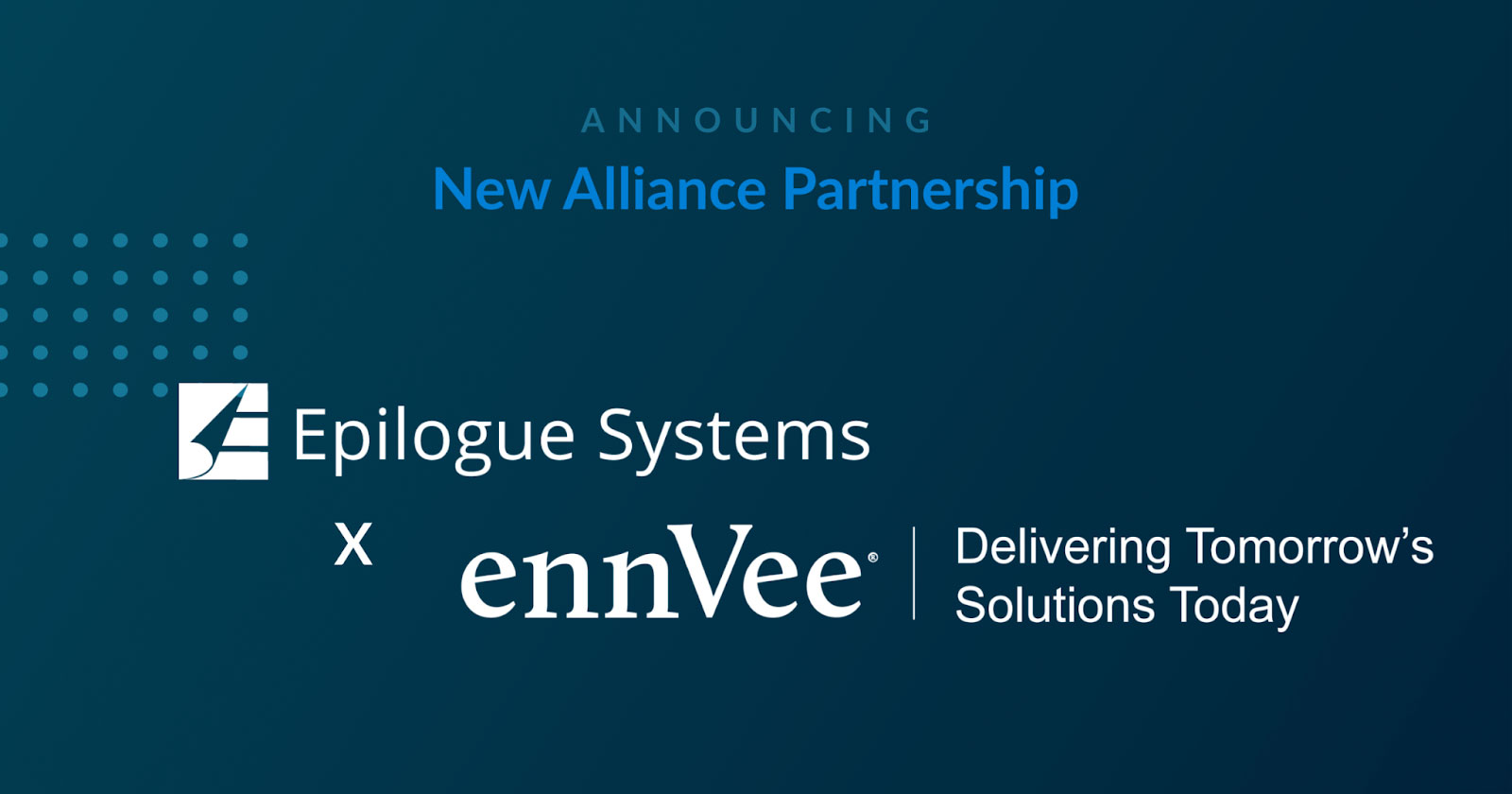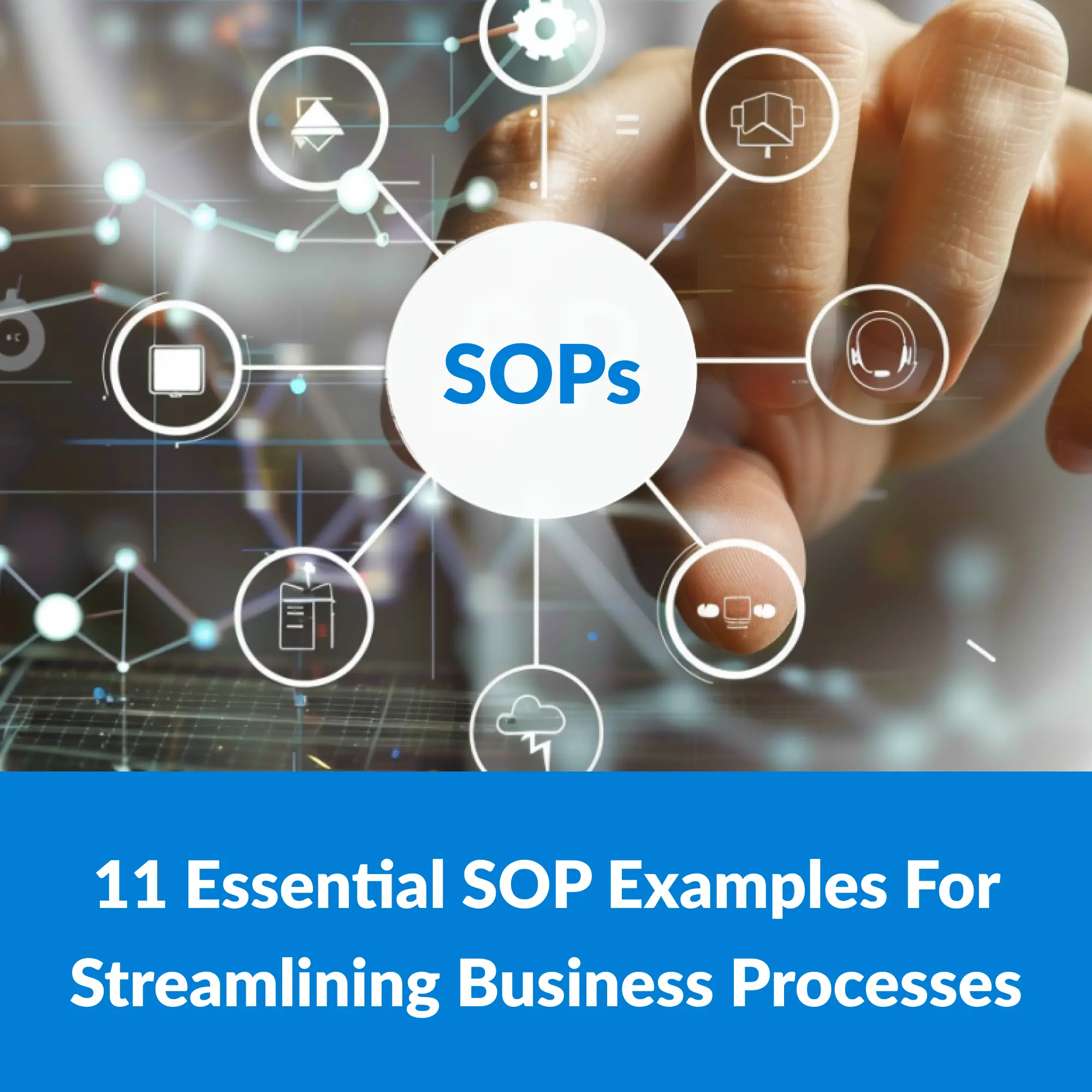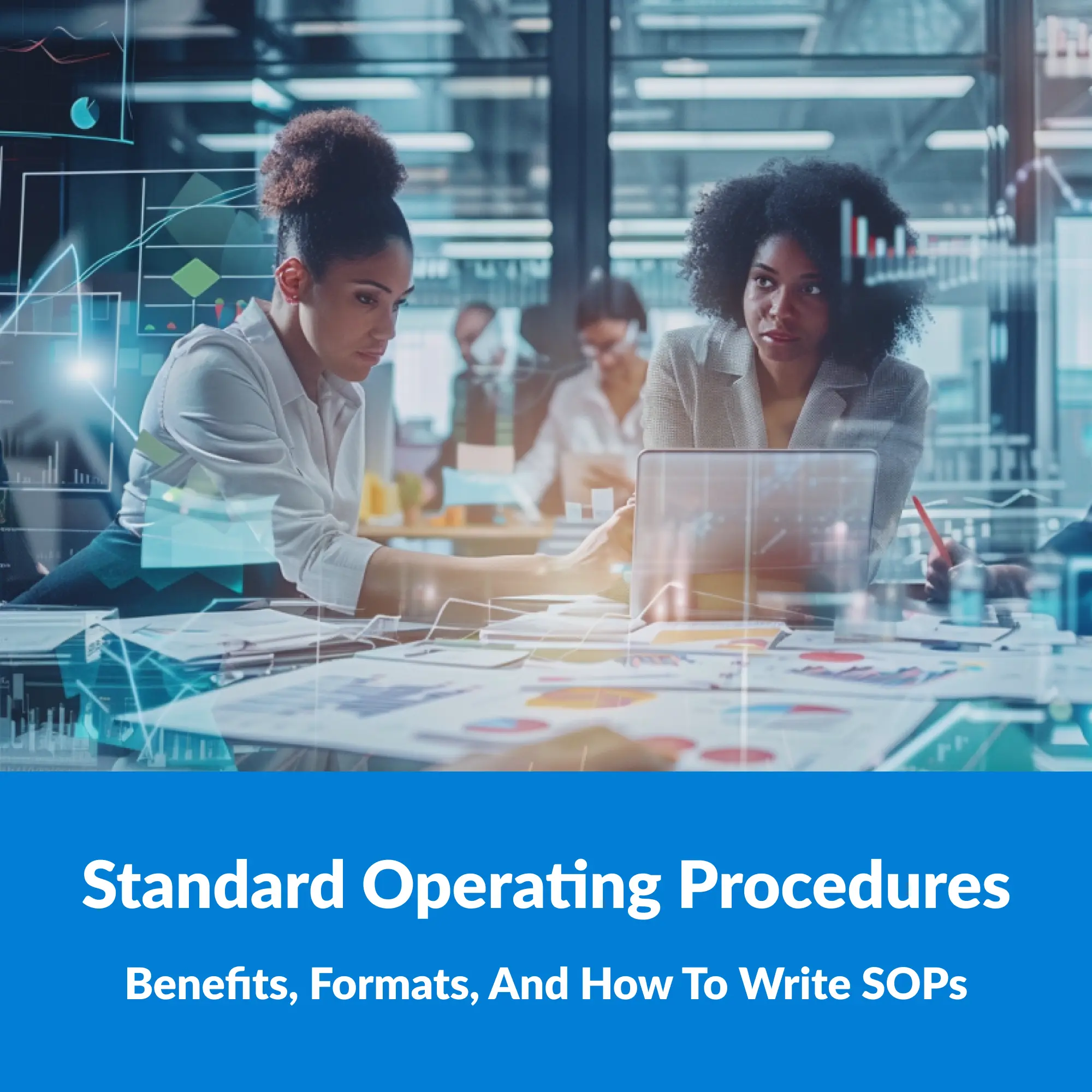In the rapidly evolving digital landscape, organizations are constantly seeking ways to optimize operations, improve efficiency, and gain a strategic edge. This sophisticated suite of technology not only powers the backbone of leading corporations but also enables even the smallest enterprises to compete on a global scale. From streamlining operations to unlocking new avenues for growth, EAS stands at the forefront of transforming business practices.
But what exactly is EAS, and how can it benefit your organization? This article dives deep into the world of enterprise applications, exploring their functionalities, various types, and the undeniable advantages they offer.
Preface: This article diverges from our usual focus on
Epilogue Opus, our digital adoption platform. We occasionally like to explore diverse subjects to provide interesting insights and perspectives. We appreciate your readership.
Decoding Enterprise Application Software (EAS)
Enterprise application software is a term that encompasses a broad range of software systems that businesses use to streamline, automate, and manage various organizational functions.
Unlike standalone applications designed for individual use, EAS integrates various business processes to ensure seamless operation across the organization, fostering a data-driven decision-making environment.
A Multifaceted Toolbox: Different Types of Enterprise Applications
The vast world of EAS encompasses a diverse range of software solutions, each tailored to address specific business functions. Here’s a glimpse into some of the most common categories:
Enterprise Resource Planning (ERP):
Considered the cornerstone of many EAS implementations, ERP software integrates various departments like finance, inventory, manufacturing, and sales onto a single platform. This fosters seamless data flow, eliminates information silos, and provides a holistic view of the organization’s operations.
Customer Relationship Management (CRM):
Customer centricity is key to success in today’s market. CRM software empowers businesses to manage all aspects of customer interactions, from lead generation and sales pipeline management to after-sales service. By centralizing customer data and streamlining communication, CRM fosters stronger relationships and boosts customer satisfaction.
Supply Chain Management (SCM):
From procurement and inventory management to logistics and delivery, efficient supply chains are vital for businesses of all sizes. SCM software automates these processes, optimizes resource allocation, and facilitates real-time tracking of goods throughout the supply chain. This ensures timely deliveries, reduces costs, and enhances overall operational efficiency.
Human Capital Management (HCM):
Your employees are your greatest assets. HCM software streamlines HR processes such as recruitment, onboarding, payroll, and performance management. It empowers organizations to attract and retain top talent, foster a positive work environment, and optimize workforce management.
Business Intelligence (BI):
Data is the new gold, but it’s only valuable if you can transform it into actionable insights. BI software empowers businesses to collect, analyze, and visualize data from various sources. This enables data-driven decision-making across all levels of the organization.
Advantages of Implementing Enterprise Application Software
Implementing enterprise application software (EAS) can revolutionize how a business operates, enhancing various aspects from operational efficiency to strategic decision-making. Below are some key benefits that enterprise applications can offer:
Enhanced Productivity:
Enterprise applications streamline complex processes and automate mundane tasks, significantly boosting productivity. By minimizing manual data entry and reducing errors, these systems allow employees to focus on higher-value activities, fostering innovation and creative problem-solving within the organization.
Improved Visibility and Control:
One of the most significant advantages of EAS is the holistic visibility it provides into business operations. Managers and executives gain real-time insights into every aspect of the company, from supply chain operations to customer interactions, enabling more informed decision-making and tighter control over the business.
Scalability and Flexibility:
As businesses grow, their software needs to evolve. Enterprise applications are designed with scalability in mind, capable of accommodating increased demands without disrupting existing operations. Whether it’s adding new users, processing higher volumes of transactions, or expanding into new markets, EAS can adapt to changing business needs.
Data Security and Compliance:
With the increasing risks of data breaches and the tightening of data protection regulations, maintaining the security and integrity of business data is crucial. Enterprise applications are equipped with robust security features that protect sensitive information from unauthorized access and data leaks. Additionally, these systems can be updated to comply with the latest regulations, ensuring that the business remains on the right side of the law.
Cost Efficiency:
While the initial investment in enterprise application software can be substantial, the long-term savings are significant. By improving efficiencies, reducing waste, and minimizing the need for manual labor, EAS can lower operational costs. Moreover, by consolidating various business functions into a single, integrated system, enterprises can reduce software overheads and administrative costs.
Improved Customer Service:
EAS enables businesses to respond more quickly to customer needs, access customer interactions in real time, and manage customer information more effectively. This leads to better customer service, increased customer satisfaction, and enhanced customer loyalty, which are critical components of business success in today’s customer-centric market.
Enhanced Analytical Capabilities and Business Intelligence:
Modern enterprise applications come with powerful analytical tools that can parse large volumes of data to glean business insights. This capability allows businesses to identify trends, forecast future scenarios, and make data-driven decisions that align with company goals and market demands.
Choosing the Right Fit: Considerations When Selecting Enterprise Software
Selecting the right EAS solution is a critical decision for any organization. Here are some key factors to consider:
Needs Assessment:
First and foremost, identify your specific business needs and goals. What processes do you want to automate? What data do you need to manage? A clear understanding of your requirements will guide you towards solutions that offer the functionalities you need.
Scalability:
Consider your organization’s growth plans. Choose a scalable solution that can adapt to your evolving needs as your business expands.
Ensure the chosen EAS integrates seamlessly with your existing IT infrastructure. This minimizes disruption and avoids the creation of data silos.
Security:
Data security is paramount. Evaluate the software’s security features and ensure it complies with relevant data privacy regulations.
Implementation and Support:
Implementing and managing EAS can be complex. Consider the vendor’s implementation process, training options, and ongoing support services.
Conclusion: The Future of Business is Digital
Enterprise Application Software has become an indispensable tool for businesses in today’s competitive landscape.
By automating core processes, fostering data-driven decision-making, and streamlining communication, EAS empowers organizations to achieve greater efficiency, improve customer satisfaction, and gain a strategic edge.
As technology continues to evolve, we can expect to see even more sophisticated and specialized EAS solutions emerge. The future of business is undoubtedly digital, and those who embrace the power of Enterprise Application Software will be well-positioned to thrive in the years to come.

